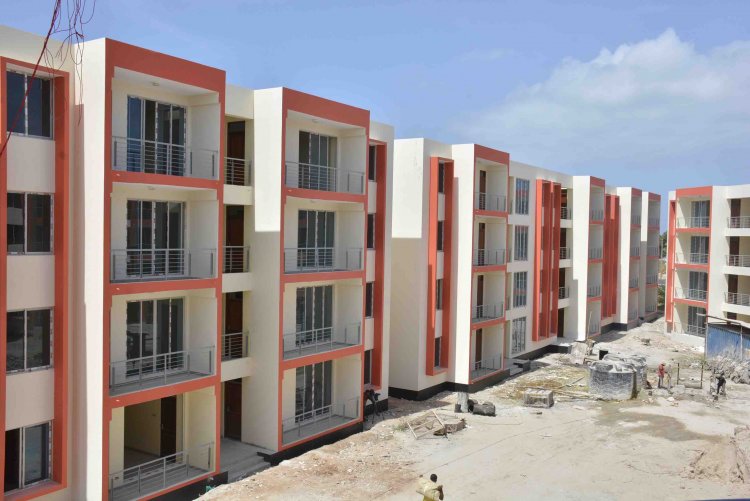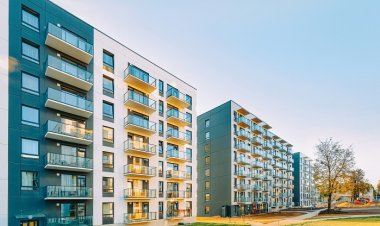A Comparative Analysis of Affordable Housing in African Countries
Affordable housing is a critical issue across the African continent, with rapid urbanization and population growth placing immense pressure on housing availability and affordability.

Affordable housing is a critical issue across the African continent, with rapid urbanization and population growth placing immense pressure on housing availability and affordability. In this piece, we aim to provide a comparative analysis of affordable housing initiatives in various African countries, highlighting their strategies, challenges, and successes in addressing the housing needs of their populations.
1. South Africa:
South Africa has made significant efforts to address housing disparities through its Reconstruction and Development Programme (RDP). The government has implemented large-scale housing projects, providing subsidized housing to low-income families. Challenges include a high demand-supply gap, inadequate infrastructure, and a backlog of housing applications.
2. Kenya:
Kenya has embraced innovative approaches to affordable housing, such as the Affordable Housing Programme. Through public-private partnerships, the government aims to deliver affordable housing units, promote mortgage financing, and improve infrastructure. However, challenges persist, including land availability, limited access to financing, and the high cost of construction materials.
3. Nigeria:
Nigeria faces a substantial housing deficit, and the government has launched initiatives like the National Housing Programme to address this issue. The program focuses on building affordable housing units, improving mortgage access, and promoting homeownership. Challenges include land regularization, inadequate funding, and the need for sustainable housing solutions.
4. Ghana:
Ghana has implemented various programs, including the National Housing Policy and the Affordable Housing Programme, to enhance affordable housing provision. These initiatives target different income groups and integrate social amenities within housing projects. However, challenges such as the cost of land, limited access to mortgage financing, and the need for infrastructure development remain.
5. Rwanda:
Rwanda's affordable housing initiatives have gained international recognition. Through the Vision City and Kigali Heights projects, the government promotes mixed-income neighborhoods and sustainable urban development. Rwanda's success lies in its strong governance, efficient land management, and long-term planning strategies.
Affordable housing remains a pressing challenge in African countries, but numerous initiatives are underway to address this issue. While each country faces unique challenges, there are valuable lessons to be learned from successful projects across the continent. Collaboration between governments, private sector players, and international organizations is vital to ensuring the provision of affordable housing that meets the diverse needs of African populations. By learning from past experiences and adopting innovative strategies, African countries can make significant progress in narrowing the housing gap and improving the quality of life for their citizens.
If you have a real estate press release or any other information that you would like featured on African Real Estate Blog Post do reach out to us via email at [email protected]

 AREBP
AREBP 





























![7 Famous Architectures in Africa [PHOTOS]](https://realestateblogpost.com/uploads/images/2023/05/image_380x226_646c9c2bd8642.jpg)

